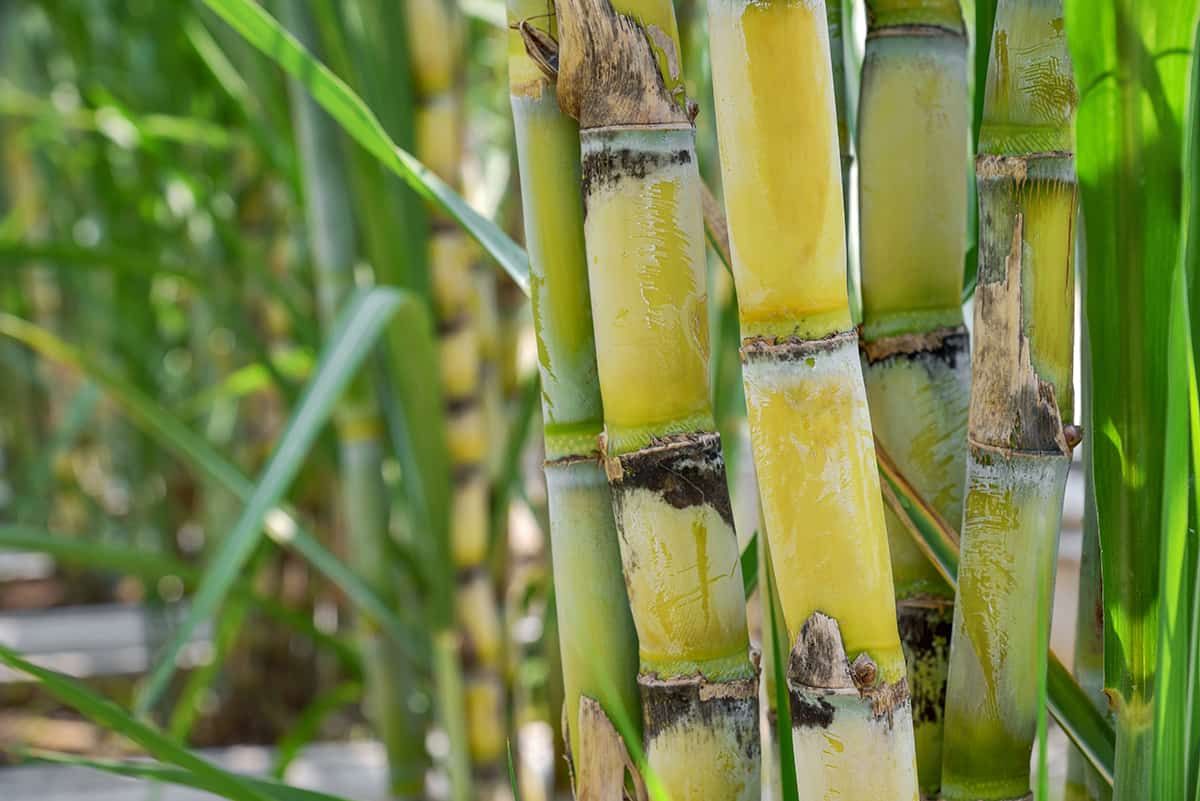Why Cane Sugar Processing Chemicals Are Critical for Modern Sugar Refining
The role of cane sugar processing chemicals in modern sugar refining can not be overstated, as they are essential to improving both the effectiveness of extraction and the total top quality of the last item. Representatives such as phosphoric acid and certain flocculants are employed to remove pollutants, resulting in sugar that not only meets consumer assumptions yet also adheres to market standards.
Role of Processing Chemicals
The effectiveness of walking stick sugar handling hinges substantially on the tactical application of handling chemicals. These chemicals play a critical function in enhancing the efficiency and high quality of sugar extraction and refining. From the initial stages of juice extraction to the final purification steps, processing chemicals promote various essential operations.
In the extraction phase, chemicals such as phosphoric acid and calcium hydroxide are employed to enhance the clarification process, assisting to eliminate impurities and put on hold solids from the walking stick juice. This not only improves the yield but also ensures the clearness of the last item. In addition, agents like flocculants help in the rapid settling of pollutants, therefore improving the general process.
As the processing advancements, chemicals are made use of in decolorization and formation stages. Turned on carbon and ion exchange materials serve to get rid of color and odor, making sure that the polished sugar satisfies customer quality standards. Eventually, the role of handling chemicals expands past functional performance; they substantially impact the sensory features of the final product, adding to market competitiveness. Therefore, the precise option and application of these chemicals are important for achieving optimal results in walking cane sugar handling.
Secret Kinds Of Chemicals
Walking cane sugar processing counts on a range of crucial chemicals that assist in each phase of manufacturing. These chemicals play essential duties in clarifying, whitening, and purifying the sugar removed from walking stick.
One primary category of chemicals includes flocculants, such as polyacrylamide, which help in the clarification procedure by advertising the aggregation and settling of contaminations. In addition, calcium hydroxide is frequently used to counteract level of acidity and aid in the removal of non-sugar parts.
Lightening representatives, such as activated carbon and sulfur dioxide, are made use of to decolorize the syrup, causing a clearer last product. These chemicals assist eliminate color compounds that might affect the sugar's look and marketability.
Additionally, phosphoric acid serves as a pH regulatory authority throughout the processing phases, making sure ideal problems for the enzymatic activities associated with sugar removal and purification.
Other vital agents include edta (ethylenediaminetetraacetic acid), which chelates steel ions that could catalyze undesirable responses, and sodium hydroxide, which aids in pH control throughout the refining process. Jointly, these chemicals improve performance and make certain a top notch walking cane sugar product.
Benefits for Sugar Quality
Frequently ignored, making use of particular processing chemicals considerably enhances the total quality of walking cane sugar. These chemicals play a crucial function in refining processes, making sure that the last item satisfies rigorous sector standards for pureness and preference.

Furthermore, refining chemicals assist in accomplishing a consistent granulation and texture, which are important for consumer acceptance. By controlling the crystallization procedure, these chemicals make certain that the sugar crystals form consistently, bring about a much more enticing product that dissolves well in numerous applications.
Additionally, the use of these chemicals can improve the rack life of walking stick sugar by lessening wetness absorption and microbial growth. In general, the strategic application of processing chemicals is crucial for providing top notch cane sugar that fulfills consumer expectations and sector demands.
Ecological Impact Considerations

Additionally, the energy-intensive nature of sugar refining, intensified by chemical usage, frequently results in boosted carbon emissions. This adds to climate modification and elevates problems regarding the sustainability of current refining techniques. Furthermore, the sourcing of these chemicals might include methods that endanger biodiversity, such as monoculture farming, which lowers the durability of farming ecological communities.

To minimize these effects, sugar refiners are increasingly checking out lasting alternatives and adopting best techniques that reduce chemical usage. Executing rigorous environmental administration systems can aid make sure that the refining procedure lines up with ecological standards and advertises biodiversity. Inevitably, a well balanced method that focuses on both sugar quality and environmental stewardship is essential for the long-lasting feasibility of the sugar sector.
Future Fads in Refining
As the sugar industry comes to grips with the ecological difficulties related to typical refining approaches, innovative techniques are arising to improve both effectiveness and sustainability. One substantial fad is the fostering of environment-friendly chemistry concepts, which prioritize using non-toxic, biodegradable processing chemicals. This shift not only decreases environmental influence yet additionally addresses customer demand for cleaner production approaches.
Another encouraging advancement is the application of sophisticated filtration technologies, such as membrane splitting up and adsorption processes. These techniques improve the quality and quality of the sugar while decreasing the quantity of wastewater produced throughout refining. Additionally, the integration of digital innovations, consisting of IoT and AI, is transforming functional effectiveness by enabling real-time tracking and anticipating maintenance, therefore minimizing source waste.
Moreover, the use of spin-offs from sugar refining, such as bagasse and molasses, is Read More Here getting traction. These products can be converted right into biofuels or value-added items, adding to a circular economic situation within the industry. Jointly, these patterns signal a shift in the direction of more sustainable practices that not just enhance functional efficiency but also align with worldwide sustainability goals, making sure the future feasibility of sugar refining.
Verdict
Cane sugar processing chemicals are crucial in modern sugar refining, substantially enhancing the performance and quality of sugar removal. The calculated use of these chemicals not only improves the purity and flavor of the end product yet likewise makes certain constant formation and appearance. As the market increasingly focuses on sustainability, the adoption of environmentally-friendly handling agents is most likely to shape future trends in refining, inevitably resulting in greater quality items and extended service life for customers.

Inevitably, a balanced method that focuses on both sugar high quality and ecological stewardship is crucial for the long-lasting feasibility of the sugar industry.
Cane sugar handling chemicals are crucial in modern-day sugar refining, considerably boosting the performance and quality of sugar removal.